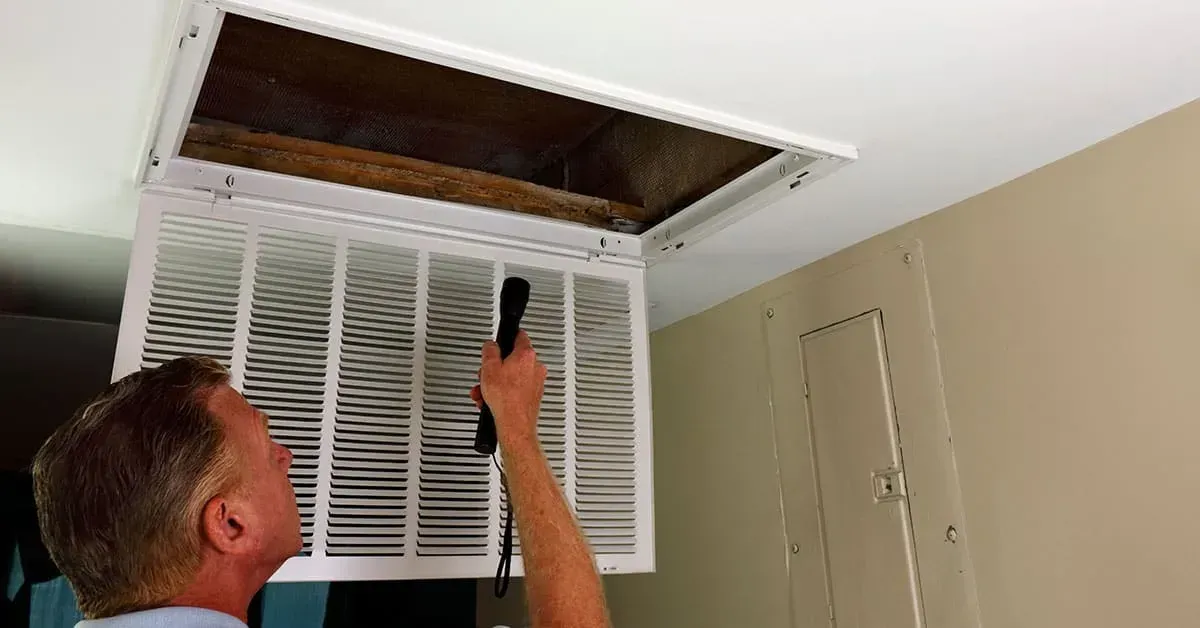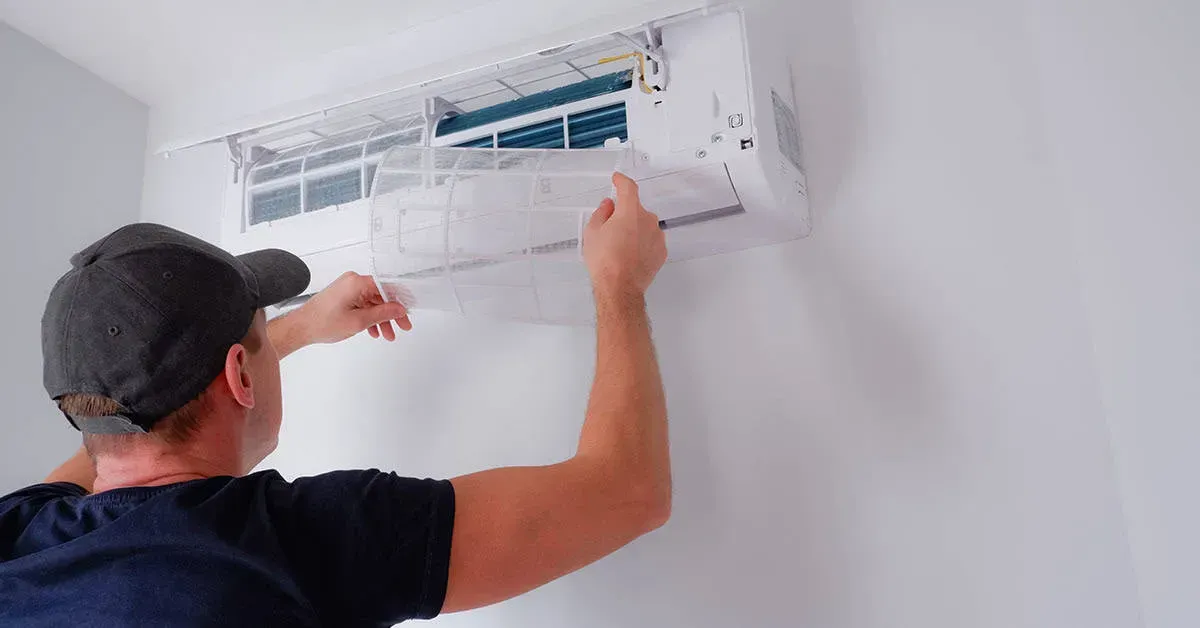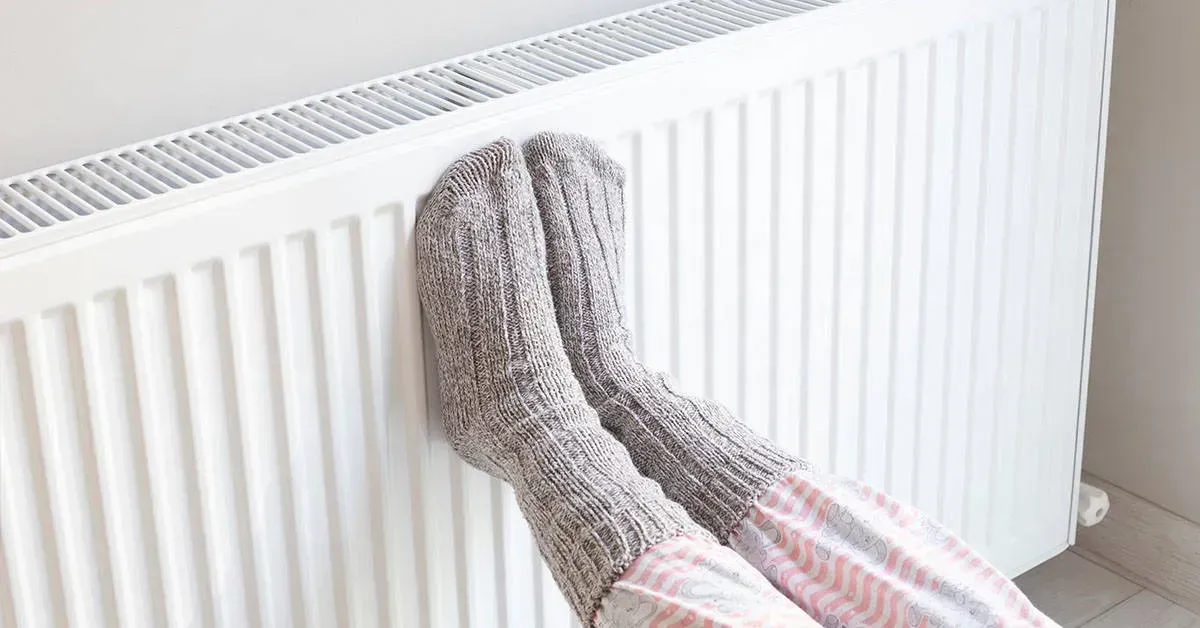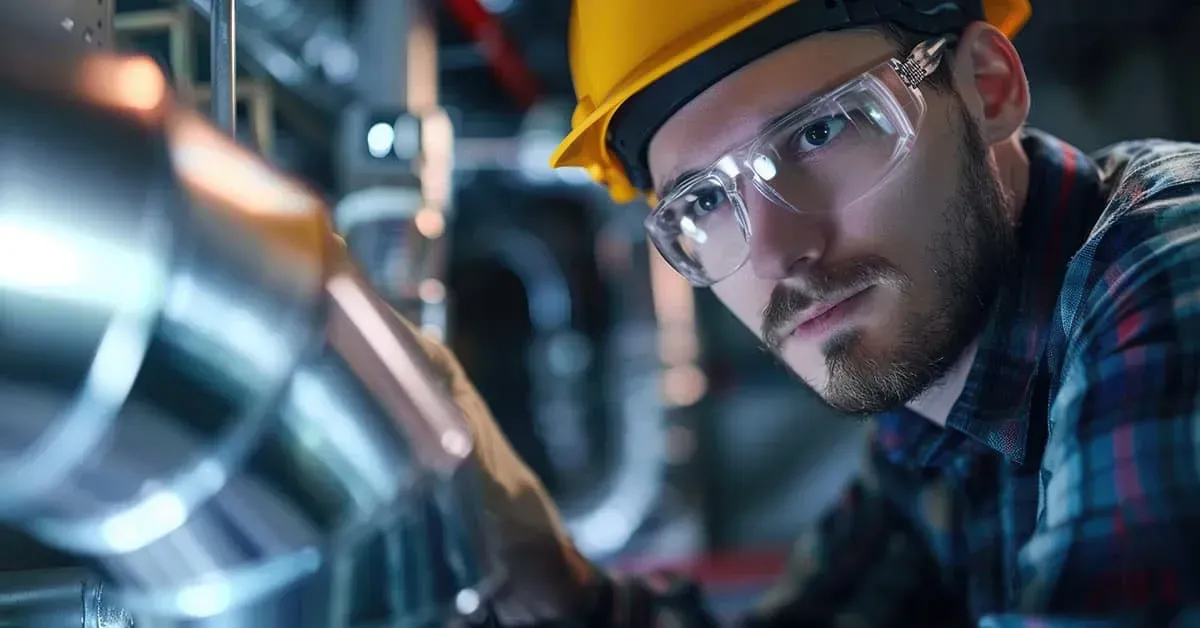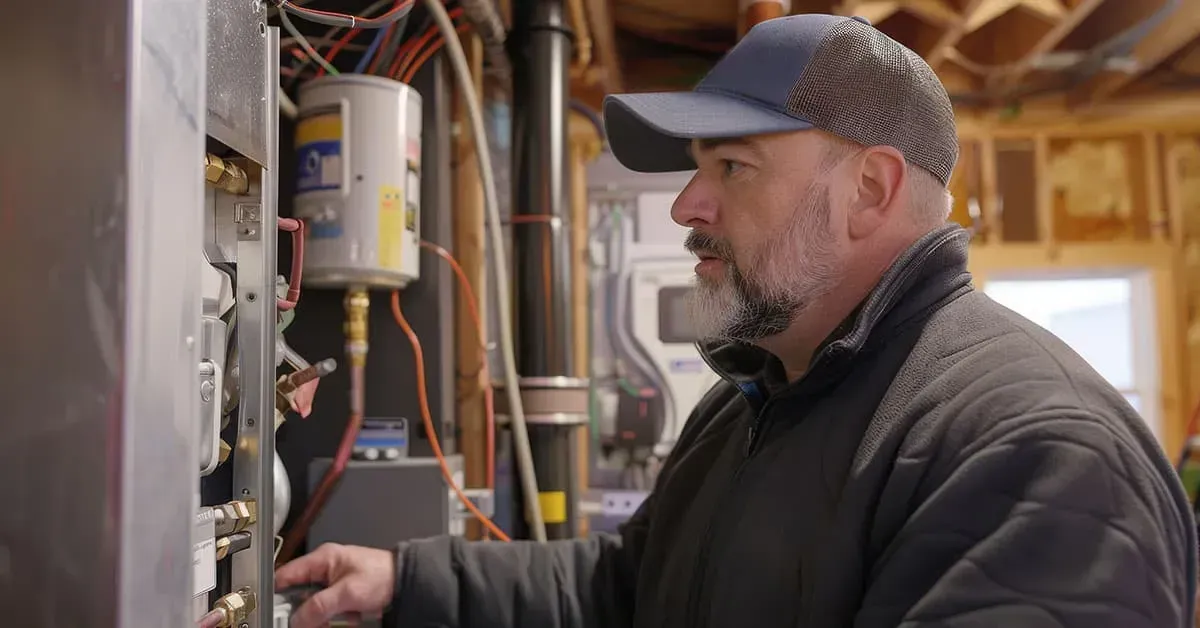
KEY TAKEAWAYS:
Electric Furnaces:
- Easier to install, lower maintenance, and no risk of gas leaks.
- Can be costly to operate in colder climates, especially with high electricity rates.
Gas Furnaces:
- Heat quickly, great for colder climates, and typically have lower operating costs.
- Require regular maintenance and have higher upfront installation costs.
Factors to Consider:
- Climate: Gas works well in cold areas; electric is better for milder climates.
- Installation Costs: Electric has a lower initial cost; gas is easier if your home already has a natural gas setup.
- Maintenance: Gas needs annual checks; electric is mostly maintenance-free.
- Energy Costs: Local rates may influence the cost-effectiveness of gas vs. electric.
Gas VS Electric Furnaces: Which is Right for Your Home?
Choosing a new furnace can feel like a big decision, especially when it comes to choosing between gas and electric furnaces. With so many options on the market, it’s easy to get lost in the details and start wondering which furnace will keep your home warm without breaking the bank. The good news? We’re here to break down the pros and cons of both gas and electric furnaces, so you can make the best choice for your home and your budget.
Why the Furnace Decision Matters
Your furnace isn’t just another appliance; it’s the heart of your home’s heating system. With the right furnace, you’ll enjoy cozy winters without sweating over energy bills or worrying about constant repairs. Gas and electric furnaces each have unique benefits, but they also come with different installation costs, energy efficiency, and long-term expenses. Let’s dive into what makes each type special so you can choose the furnace that’s perfect for your needs.
Gas Furnaces: Efficient and Fast-Heating
Pros:
Gas furnaces are the go-to choice for many homeowners for a few good reasons. They’re powerful and heat your home quickly, which is ideal for those bone-chilling winter days. Since they use natural gas, they often have lower operating costs compared to electricity, especially if you live in an area where natural gas is cheaper. Another bonus? Gas furnaces can be more energy-efficient, helping you keep those monthly bills in check.
Cons:
While gas furnaces are efficient, they do come with some extra responsibilities. Because they burn fuel, regular maintenance is essential to keep them running safely and efficiently. You’ll need to schedule annual inspections to check for any leaks or carbon monoxide emissions. Plus, gas furnaces usually have higher upfront costs due to more complex installation needs, like a gas line and proper ventilation.
Electric Furnaces: Easy to Maintain and Flexible
Pros:
Electric furnaces are often a favorite for homeowners looking for something simple and low-maintenance. These systems don’t rely on combustion, so you won’t need to worry about carbon monoxide or gas leaks. They’re also generally easier to install, and since they don’t require gas lines or venting, they can be a practical choice for homes without a natural gas hookup. These furnaces tend to have a lower initial cost, making them more budget-friendly upfront.
Cons:
The downside of electric furnaces is that they tend to be more expensive to operate, especially in colder climates. Because they use electricity to generate heat, they can be less efficient and cost more to run during winter months. If you live in an area with high electricity rates or extreme winters, you might see a noticeable increase in your energy bills.
Consider Your Home’s Needs
Now that you know the basics, let’s look at a few key factors that can help you decide which furnace is best for your home.
- Climate: If you live in a colder region, a gas furnace may be more cost-effective, as it can heat large spaces quickly without driving up energy bills. Electric furnaces work better in milder climates where heating demands aren’t as high.
- Installation Costs: Electric units tend to have lower installation costs since they don’t require gas lines or ventilation systems. However, if your home is already set up with natural gas, installing a gas furnace could be the more logical (and budget-friendly) choice.
- Maintenance Requirements: Gas furnaces require annual maintenance checks to stay safe and efficient, while electric ones are generally lower maintenance. If you’re someone who prefers a hands-off approach, an electric furnace may be a better fit.
- Energy Costs in Your Area: Take a look at local energy rates. In some places, gas is significantly cheaper than electricity, which could make a gas furnace the more economical option for long-term use.
Which Furnace is Right for You?
Ultimately, the best furnace for your home depends on your unique needs, climate, and budget. Gas furnaces are powerful and can be more cost-effective in colder areas, while electric furnaces are low-maintenance and easier to install, especially if you live in a milder climate. Whichever you choose, remember that proper installation and regular maintenance will help you get the most out of your furnace.
Need Help Deciding? Ask Us About Gas VS Electric Furnaces!
If you’re still unsure which furnace is right for your home, BlueBird Heating and Air is here to help. Our team of experts can guide you through the options and ensure you choose a furnace that keeps you comfortable and cozy all winter long. Ready to get started?
Contact BlueBird Heating and Air today for a free consultation!

